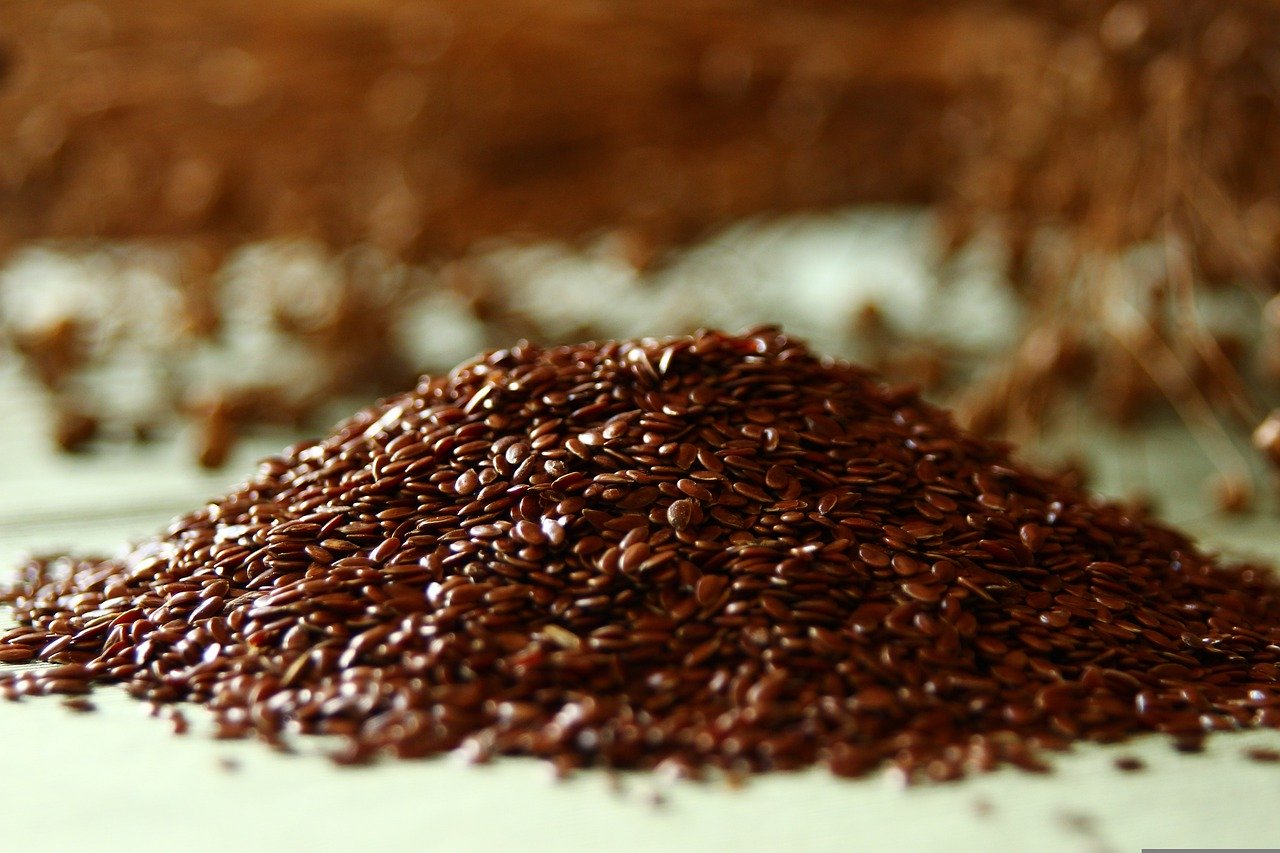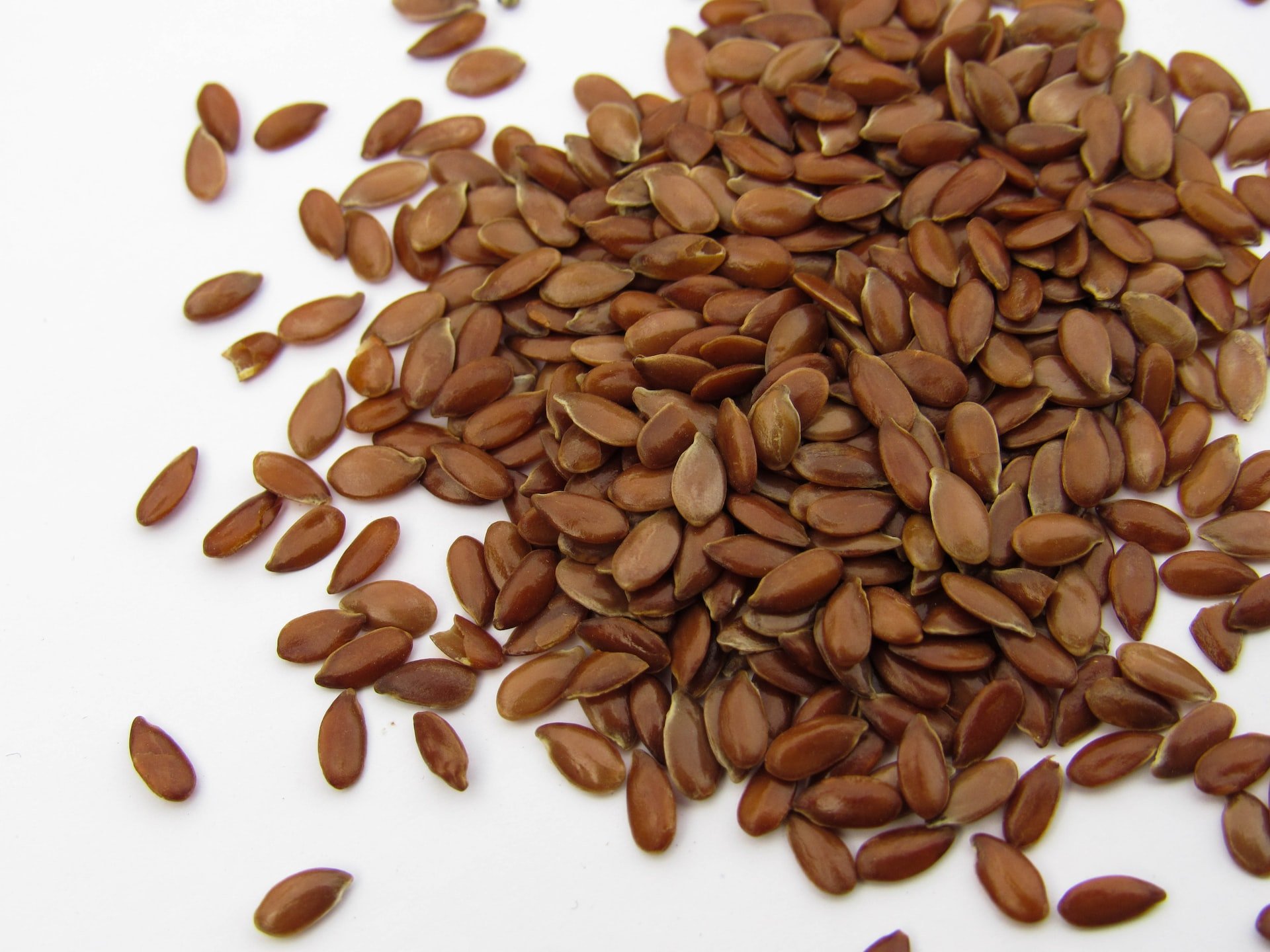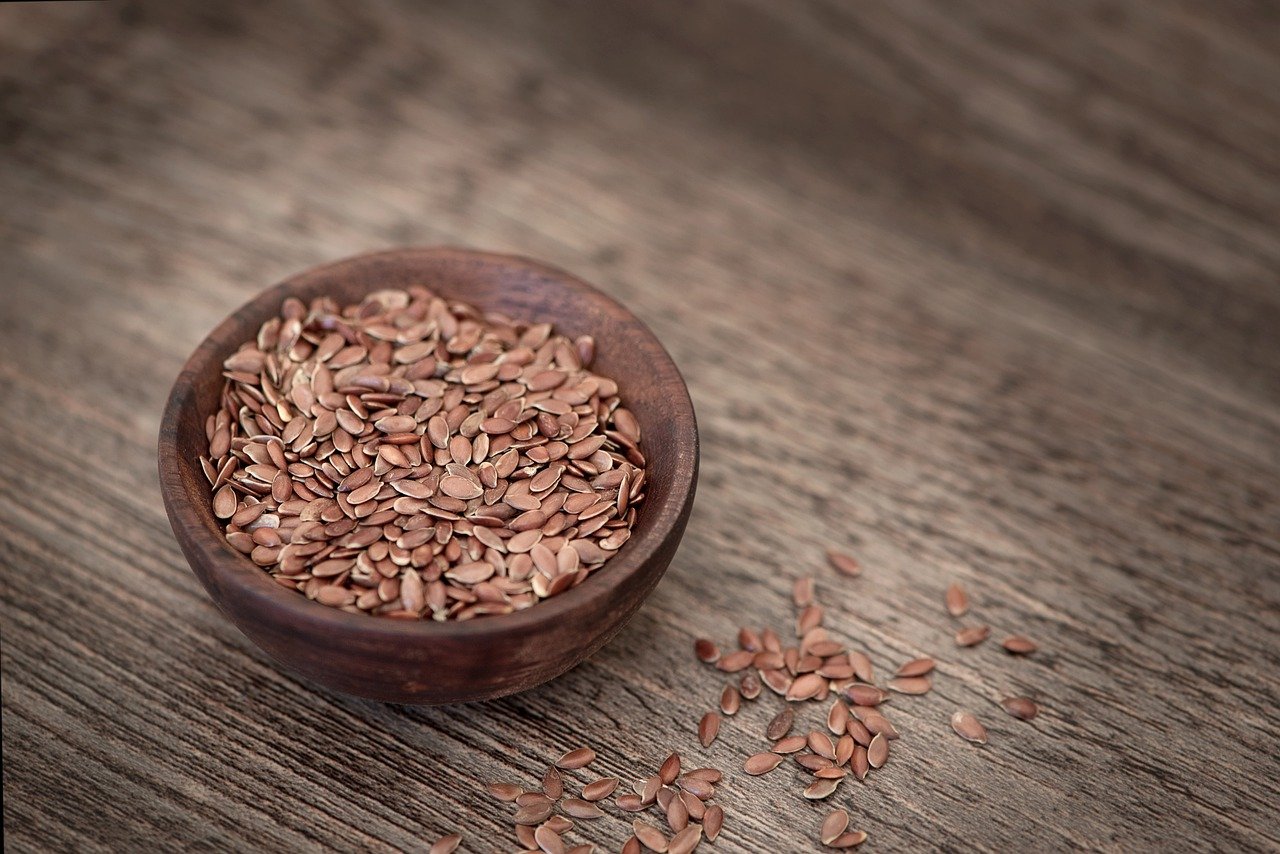FLAXSEED BENEFITS
Flaxseed , which maintains its existence among healthy foods , provides many benefits to the human body when consumed correctly. It is defined as a functional food because of the healthy fats, fibers and antioxidants it contains. Flaxseed, which began to be cultivated in ancient Egypt and China, has attracted attention as a subject of Ayurvedic medicine in Asia for centuries.
The usage area of flaxseed is very diverse and it can be preferred in capsules such as flour, powder and oil. It has been used in the treatment of many diseases such as diabetes, cholesterol, constipation, heart disease, cancer from past to present. Flaxseed, which provides superior benefits when used correctly and consciously, can also cause harm when used unconsciously. For this reason, it is recommended to be used on the advice of an expert or doctor in the field.
WHAT IS FLAXSEED? WHAT DOES IT DO?
The question of what is flaxseed is frequently asked by people who prefer a healthy diet and who want to find healing. Flaxseed is known as a functional food with a very important content. Functional food, on the other hand, provides superior benefits on the metabolic and physiological functions of individuals, as well as fulfilling the basic nutrients needed by the body. Not only that, it draws attention as food and food ingredients that aim to protect from various diseases and lead a healthier life.
The flax plant, whose Latin name is Linum Usitatissimum, is known as an agricultural plant that usually blooms in blue, varies between 30 cm and 1 meter in length and lives for 1 year. Flaxseed, on the other hand, is a food that has a length of approximately 5 mm and resembles an egg. The seeds in question stand out with their oily, delicious, odorless, shiny and flat appearance.
Flaxseed can be mixed with hemp seed from time to time. However, these two can have quite different appearances and benefits from each other. According to the data announced by the American National Cancer Institute, flaxseed; It is among the foods that prevent the formation of cancer. In addition, flaxseed is said to have many benefits, from lowering cholesterol to supporting the digestive system, from balancing blood sugar to constipation. So, what are the benefits of flaxseed?

HELPS LOWER CHOLESTEROL
Among the most important benefits of flaxseed is its effect on cholesterol. According to the American Heart Association, it is necessary to eat foods containing omega-3 and fiber to protect heart health. At this point, flaxseed helps to absorb cholesterol in the intestines with the phytosterols in it. This is effective in lowering and balancing cholesterol.
According to some scientific studies, consuming flaxseed contributes to lowering the levels of LDL cholesterol, which is called bad cholesterol. Likewise, it not only helps to remove fat from the body.
SUPPORTS DIGESTIVE SYSTEM
Flaxseed, which has undertaken a successful task in supporting the digestive system, is especially added to the list of dieters. Since it acts as a natural laxative, it increases the frequency of movement in the intestines and plays a great role in supporting the digestive system.
Consuming flax seeds whole can cause digestive problems in people who are not accustomed to consuming fiber-containing foods. This causes symptoms such as abdominal pain, nausea and bloating. Therefore, consuming flaxseed in small doses is healthier and more beneficial.
REDUCES CANCER RISK
Flaxseed , with the omega-3 fatty acids it contains, prevents the proliferation of cancer cells and allows them to slow down their growth. According to studies, it is proven that flaxseed supports the immunity of the person against cancer types such as prostate, skin, breast, lung and colon cancer.
Flaxseed contains lignans, which prevents the formation of new blood vessels and seriously slows the growth of tumors. Studies show that breast cancer formation is low in women who regularly and consciously produce flaxseed.
ANTIOXIDANT WAREHOUSE
Flaxseed contains more antioxidants than other nutrients. As it contains omega-3, fatty acid, fiber, lignan and ALA (alpha-linolenic acid), it provides protection against various diseases by increasing the body’s resistance. For this reason, it is recommended to consume flaxseed regularly, regardless of summer and winter.
BALANCES BLOOD SUGAR
Because flaxseed contains high fiber content, it takes a long time to digest, which helps to slow down the release of sugar in the bloodstream. Since the insoluble fibers in this food contain lignans, it provides the balance of blood sugar, which is beneficial for heart health. According to studies, consuming about 20 grams of flaxseed a day is superior in balancing blood sugar.

GOOD FOR SKIN HEALTH
Another benefit of flaxseed is skin health. The antioxidants and lignans in its content prevent sagging of the skin and provide superior benefits in tightening. Apart from these, it provides a soft, bright and lively skin by nourishing the skin thanks to its fatty acids.
FLAX SEED KEEPS YOU FULL
Flaxseed is not only on the list of healthy eating individuals, but also on the list of people who are dieting. The fibers contained in this food become gel-like when it comes into contact with water. This, on the other hand, delays the hunger of the individual and allows the feeling of satiety to continue. As a result of the researches, it is seen that people who consume 2 spoons of flaxseed a day experience weight loss and slimming around the waist.
GOOD FOR CONSTIPATION
Constipation is one of the problems faced by many people today. When 2 grams of ground flaxseed is mixed well with 150 ml of water and consumed 2-3 times a day, it solves intestinal problems. People suffering from intestinal discomfort can consume flaxseed for effective results.
RELIEVES ARTHRITIS SYMPTOMS
According to the Arthritis Foundation, flaxseed helps reduce joint pain and stiffness experienced by individuals. Some individuals note superior benefits from flaxseed for lupus, rheumatoid arthritis, and Raynaud’s. In addition, it is stated that α-linolenic acid (ALA) in flaxseed helps reduce inflammation in the body.
Individuals with symptoms of arthritis can consume flaxseed by choosing one of the following ways:
- Ground flaxseed, one tablespoon per day
- One to three tablespoons a day of flaxseed oil
- Flaxseed in capsule form, 1,300-3,000 mg per day
PROVIDES BLOOD PRESSURE BALANCE
According to the results of a study conducted in the past years, consuming flaxseed regularly is effective in lowering both systolic and diastolic. In this way, it balances the blood pressure level of the person and it is recommended to consume flaxseed regularly for blood pressure patients.

HOW TO CONSUME FLAXSEED?
Although flaxseed is a food consumed in many ways, it provides superior benefits when consumed raw. Raw or immature flax seeds contain high levels of toxins. Although it is not recommended to include flaxseed in cooked dishes, it is important to eat flaxseed as follows:
- Adding flaxseed to breakfast cereals
- Mixed with yogurt
- Adding to salads or smoothies
It is important to consume as mentioned.
WHAT IS THE RISK OF CONSUMING FLAXSEED?
Flaxseed provides superior benefits when consumed consciously and in the right amount. However, in the presence of certain medical conditions, consuming flaxseed carries a risk. These:
- Those who consume cholesterol-lowering drugs
- Those who use blood thinners
- Those who consume non-steroidal anti-inflammatory drugs
- Pregnant and lactating mothers
- Individuals with hormone-sensitive breast or uterine cancer
- People who are allergic to flaxseed
It is not recommended to consume flaxseed for people who have one or more of the aforementioned disorders.





